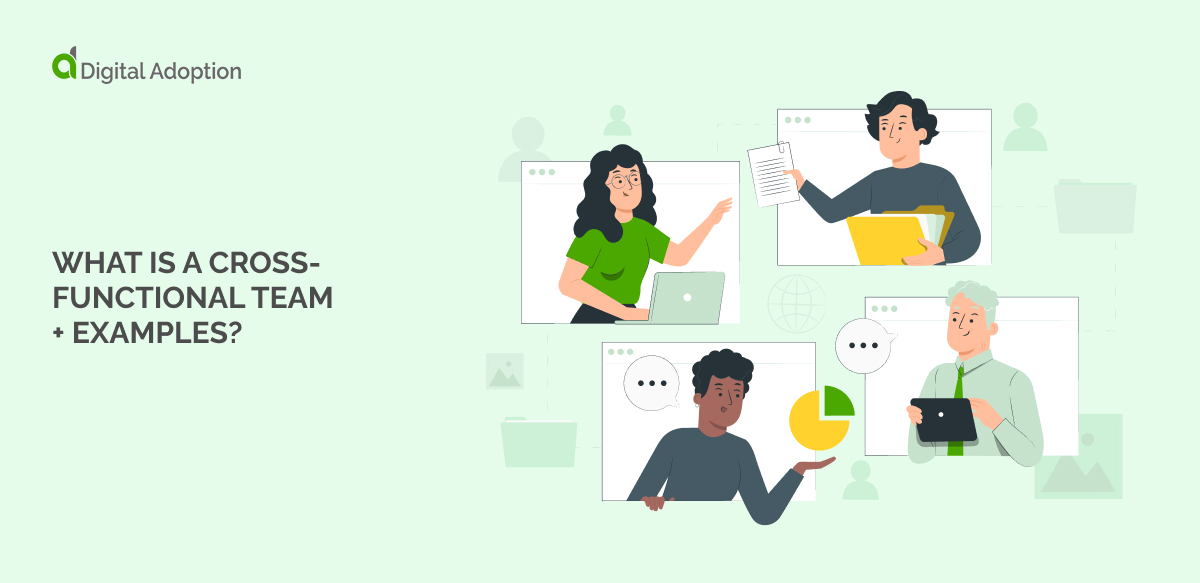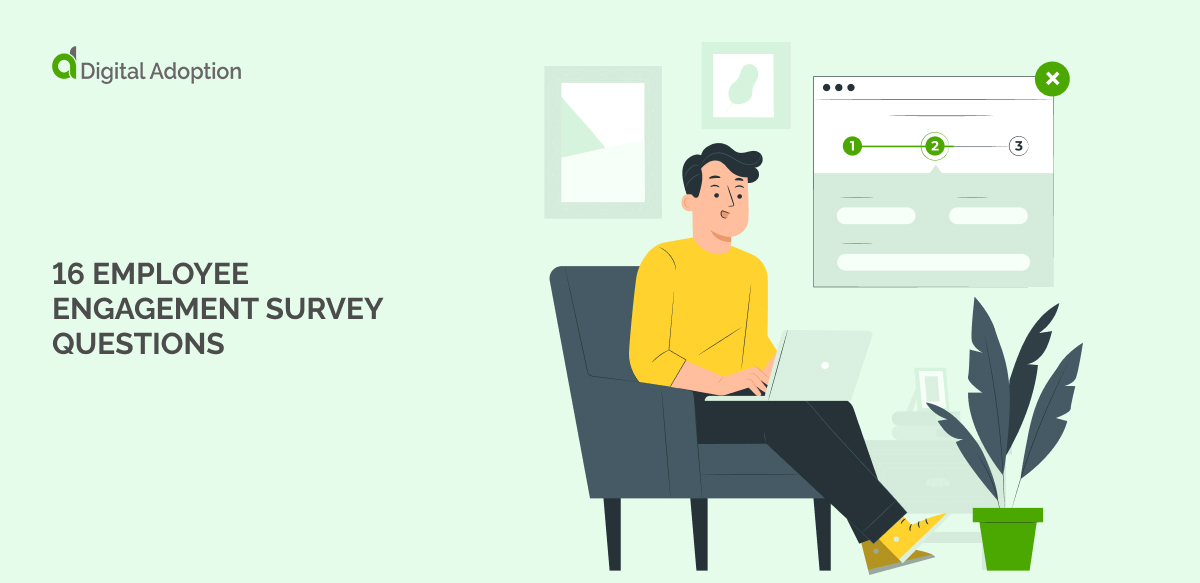As tech advances at a breakneck speed, ensuring you have the right person in the CIO (chief information officer) role is essential. After all, having a strategic leader who understands digital tools and cybersecurity challenges should be at the top of your list when shopping for a CIO, right?
To underpin the importance of having a CIO, Statista predicts that global IT spending will reach USD 4.66 trillion by the end of the year.
Therefore, it has never been more vital to ensure you have the right person for the job when it comes to strategizing technology investments and optimizing tech usage by all staff, as well as the many other tasks for which a CIO is responsible.
This article will help you find your ideal CIO by highlighting the top ten attributes to seek in a chief information officer. We’ll cover the role of a CIO, its significance, and the pathway to becoming one.
Additionally, we’ll delve into the essential qualities that make a successful CIO in today’s landscape. Whether you’re hiring or aspiring to be a CIO, understanding these attributes is crucial for success in the evolving realm of information management.
What is a Chief Information Officer (CIO)?
A chief information officer is a central executive in a company responsible for developing strategies to ensure computer systems operate efficiently and cost-effectively and staff can use technology correctly.
CIO vs. CEO
The CEO is the leader of a company, whereas the CIO leads the changes to make all processes technology lead via digital innovation. Good companies give more work to their CIOs related to digital ideas and technical skills.
CIO vs. CTO
The roles of the CIO and CTO (chief technology officer) differ in their focus. The CIO focuses on improving internal processes, while the CTO uses computer systems to enhance or create products that benefit customers.
CTO vs CIO: Who wins the battle?
The CIO and CTO positions are equally crucial as C-suite positions in a company, so they are a similar level of authority in an organization. The strong presence of both roles can contribute to the company’s success.
Why is a Chief Information Officer Important?
Before investing in training your existing CIO or hiring a new person, it is helpful to consider why a chief information officer is vital.
A vital role of a modern CIO is to forecast upcoming computer technology trends that can benefit a business compared to its competitors to maintain digital resilience. In contrast, the daily information technology services management usually falls to an IT chief operating officer.
Using IT and computer science principles in the business world has led to a significant increase in CIOs. The role of a CIO involves tasks such as developing a website to expand the company’s customer base or implementing inventory software for better inventory management.
How Do You Become a CIO?
There are many paths to becoming one of the 69,420 CIOs in the US, according to Zippia. Typical education requirements to fill a CIO position include obtaining a bachelor’s degree in computer science, software engineering, information systems, or another related field.
Additionally, earning a master’s degree in business administration or information technology is often necessary.
The main factor for qualifications is experience, as stated in many CIO job listings. As shown by recruiter Indeed in an example chief information officer (CIO) job description, the executive-level experience of three or more years is preferred, along with at least eight years of experience in information technology and resource allocation.
However, according to Zippia (cited above), the average age of CIOs in the US is 51 years, suggesting the level of experience needed to be much higher than indicated by many job listings.
Other roles which can help you transition to CIO are:
- IT Project Manager
- Technology Manager
- IT Director
The Top 10 Attributes of a Chief Information Officer
Consider these top ten CIO attributes to help you find the perfect CIO to lead your organization to tech success.
1. Excellent interpersonal skills
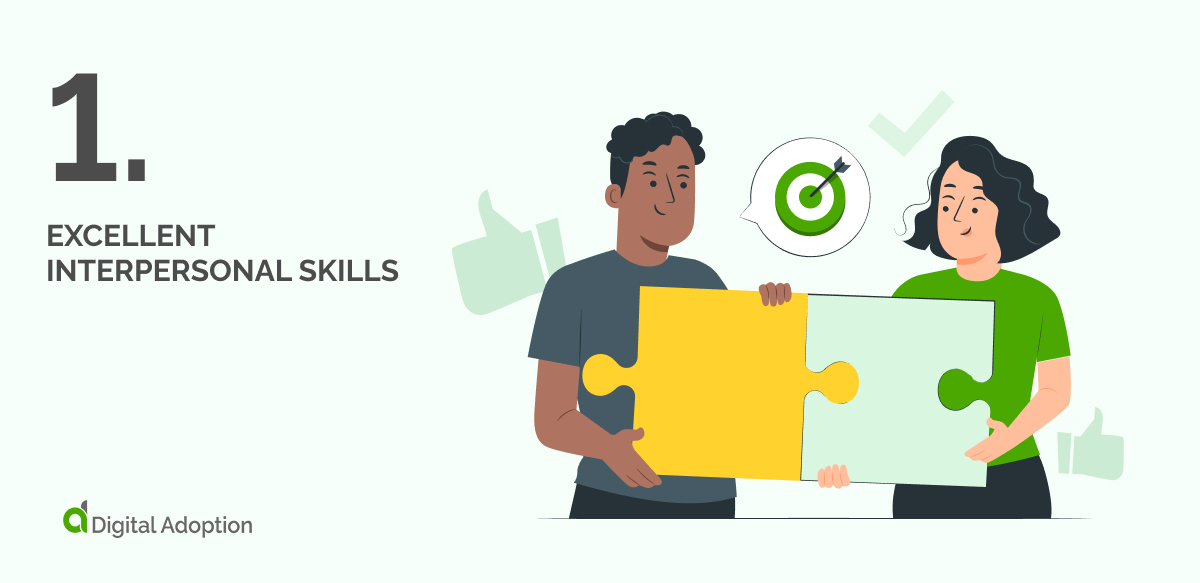
CIOs are the head of IT, so they manage many team members within their department and advise team members and other C-level executives in other departments on optimizing technology use.
They need excellent interpersonal skills to communicate their ideas in a straightforward, practical way without using technical language where possible to support others in utilizing new technologies.
2. Designs high-achieving, cross-functional teams
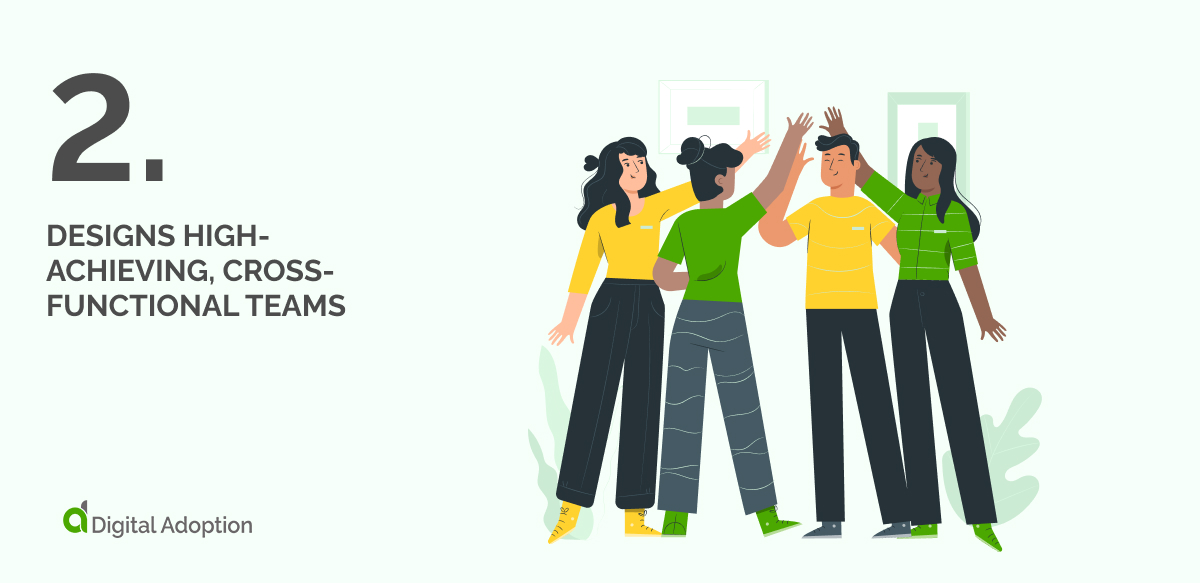
High-achieving, cross-functional teams are the bread and butter of any CIO. These teams are the arteries of technology in any organization and require excellent strategic planning skills to build. These teams must have the proper knowledge and motivation to use tech effectively and collaboratively.
- Creates a motivational, practical vision
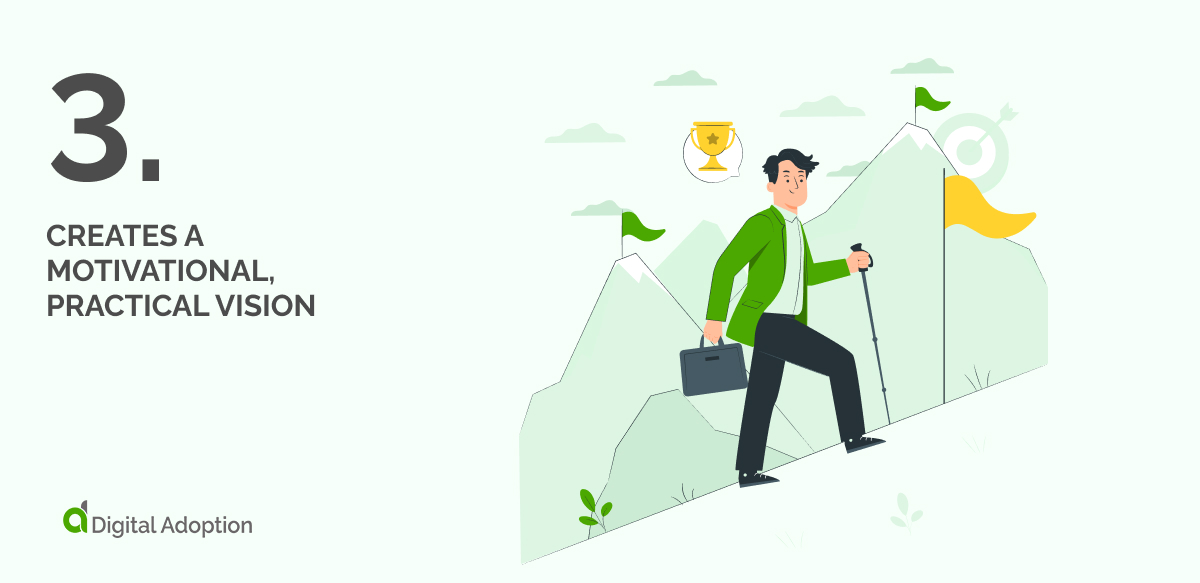
Without a motivational and practical vision on how to fulfill enterprise goals, organizations and the team members that make them have no direction, goal, or chance of success. CIOs are confident vision builders and public speakers, sharing their passion for success with every organization member.
4. Is mindful of budgets for short and long-term benefits
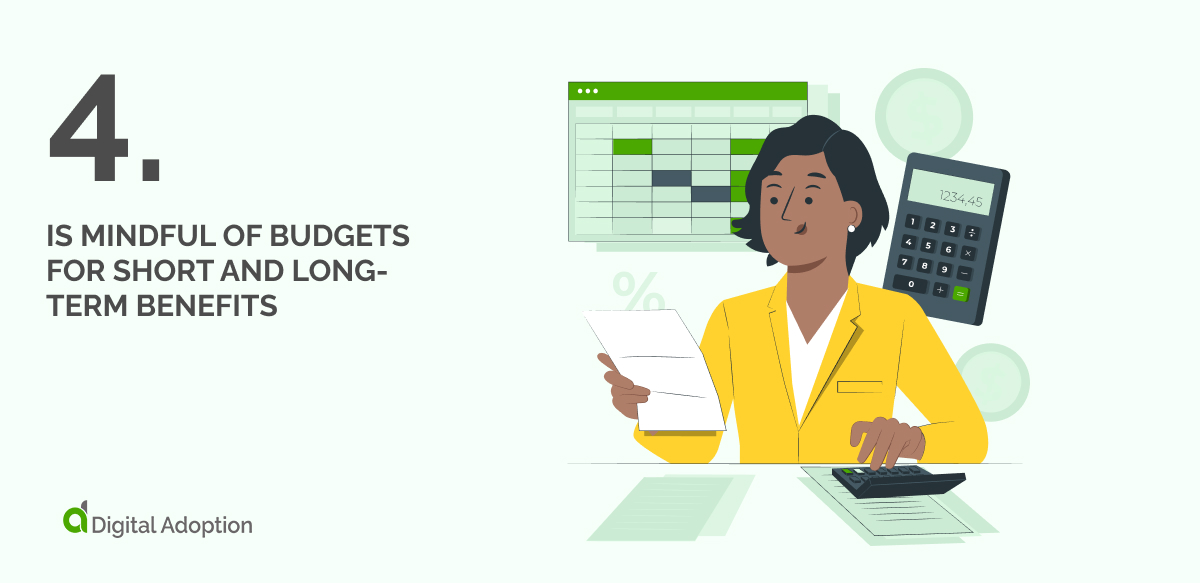
Outstanding CIOs are always looking into the future as they predict how short-term benefits will impact long-term goals to protect revenue and market share as they continually keep track of information technology trends.
5. Communicates business knowledge to teams
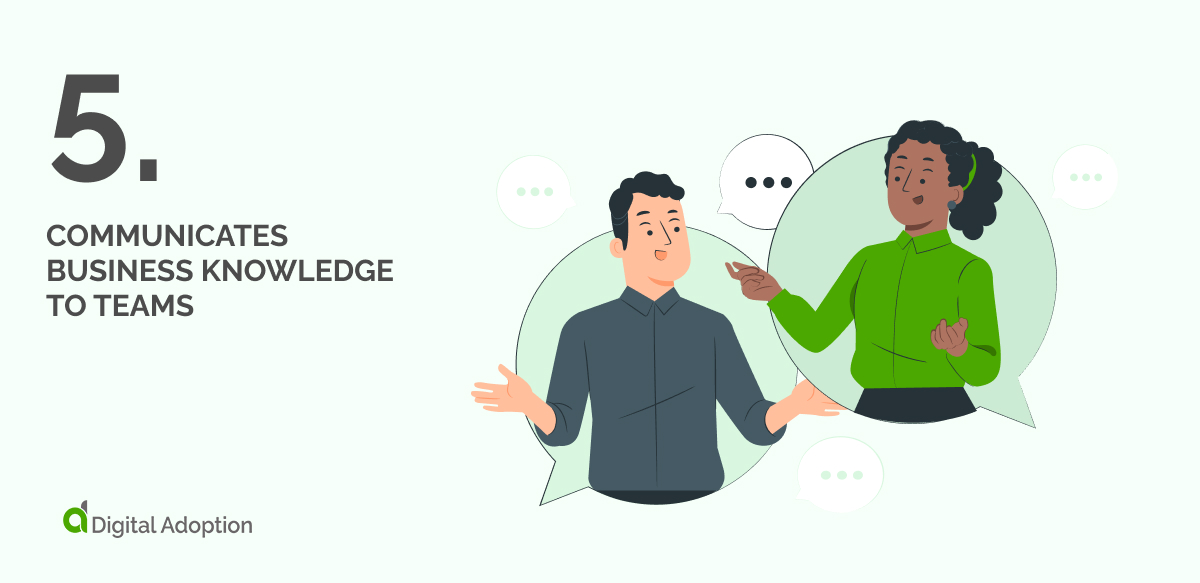
Business acumen acquired from first-hand experience of many years is at the forefront of all actions of the best CIOs.
6. Understands target audiences

Knowing the target audience for a service or product helps the CIO guide their staff toward the right goal for the right customer. CIOs with sales experience are especially adept at knowing how to reach their target audience.
7. Prioritizes the ‘why’ of tech
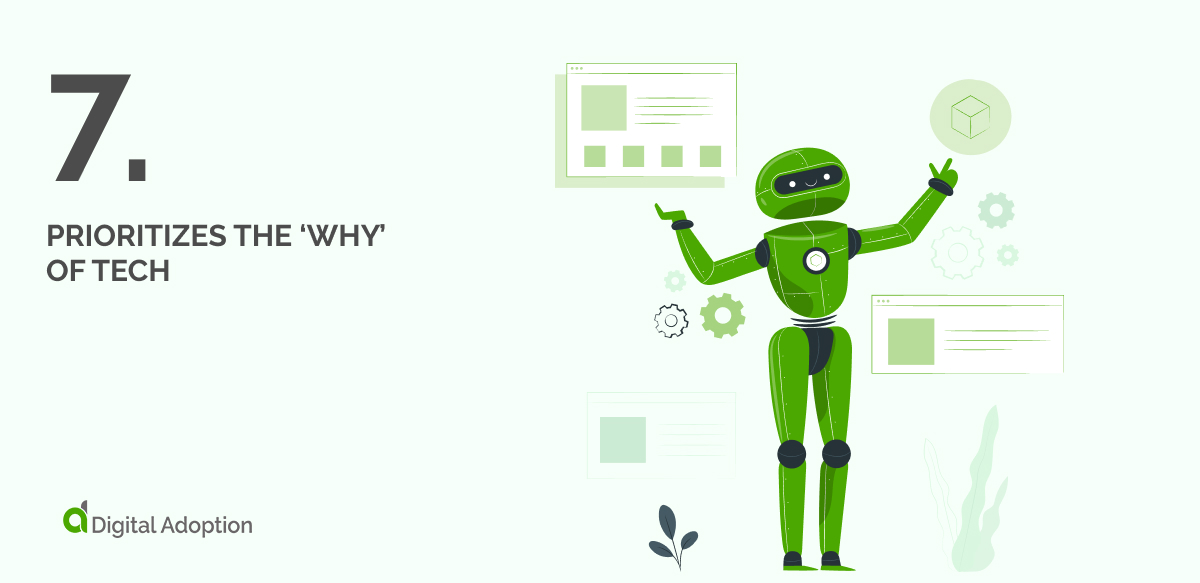
With technology constantly changing, the best CIOs will question why apps or other tech solutions are part of an app portfolio and whether old solutions must make way for new technologies to serve ever-changing customer needs.
8. Educates the board of directors on tech
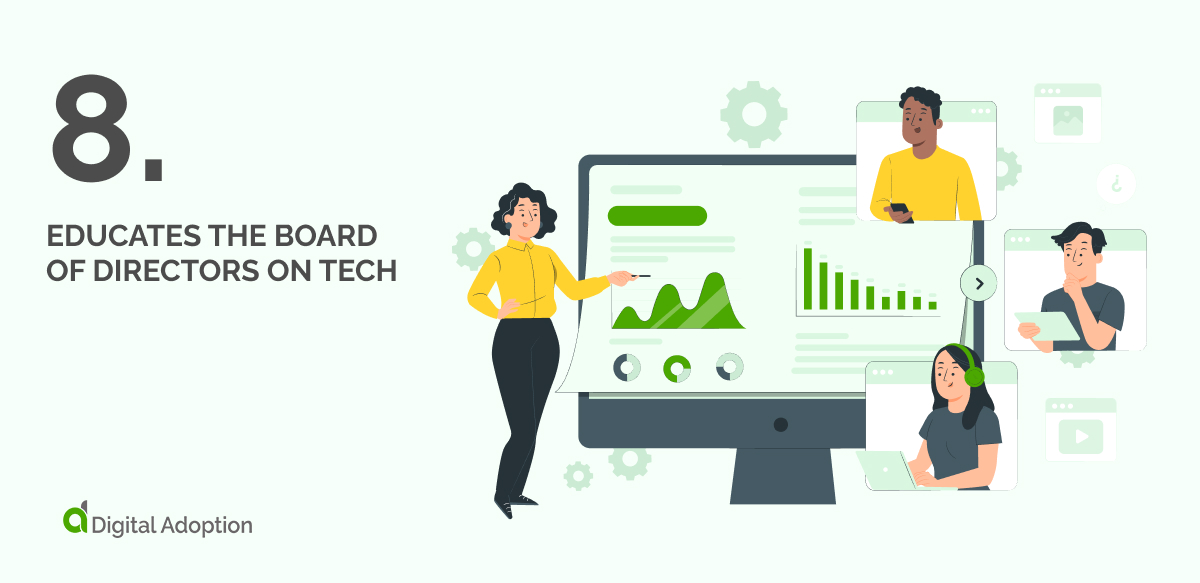
As a senior position in their organization, CIOs work closely with the board of directors. CIOs need to know how to pitch their communication to the board to get procurement orders approved, especially regarding many new investments within transformation strategies.
9. Creates customer-focused transformation projects

The customer is always in focus for the most proficient CIO, as they drive sales and inform the direction of a company as customer needs change.
CIOs must be skilled at collecting customer feedback on products and services to ensure their organization and tech stack meet customer needs, along with project management skills to carry out successful transformation projects.
10. Emotional intelligence
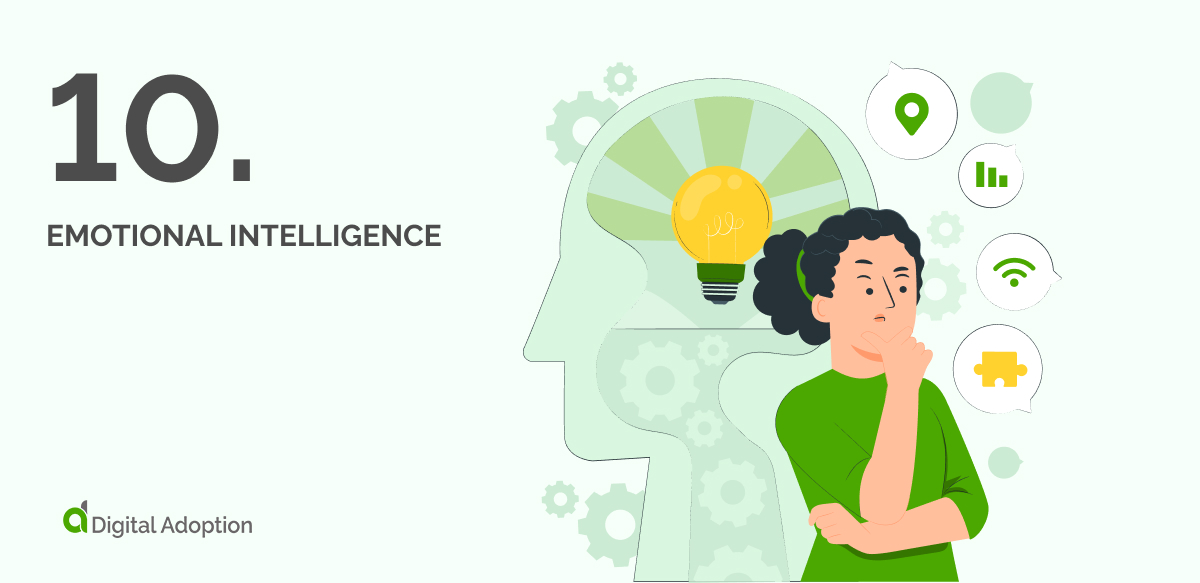
CIOs work with and for people, not for technology. Therefore, they need acute emotional intelligence to pitch their communication to different team members meaningfully to stitch their ideas into the fabric of their organization.
A good CIO prioritizes people, not tech or finances
As IT advances and data becomes increasingly important for businesses, having a sound chief information officer becomes more critical. A new year offers business leaders the unique opportunity to shape their CIOs using the ten attributes outlined in this article.
Above all else, look for CIOs with the soft skills to prioritize people, not just technology or finances, to ensure constant business growth.











